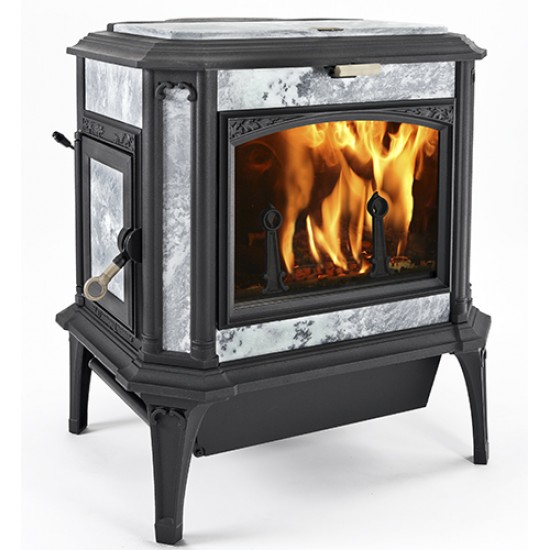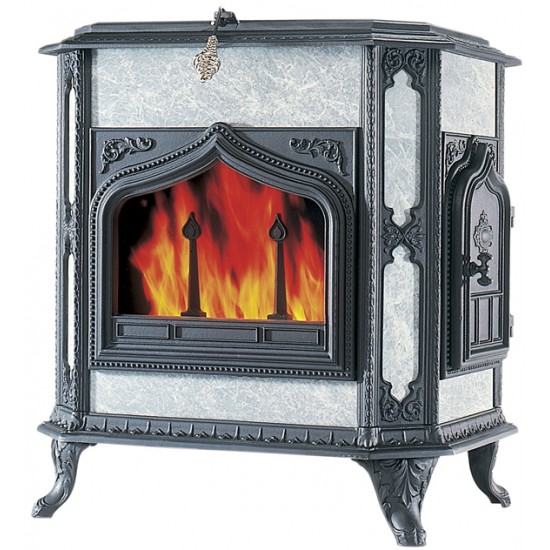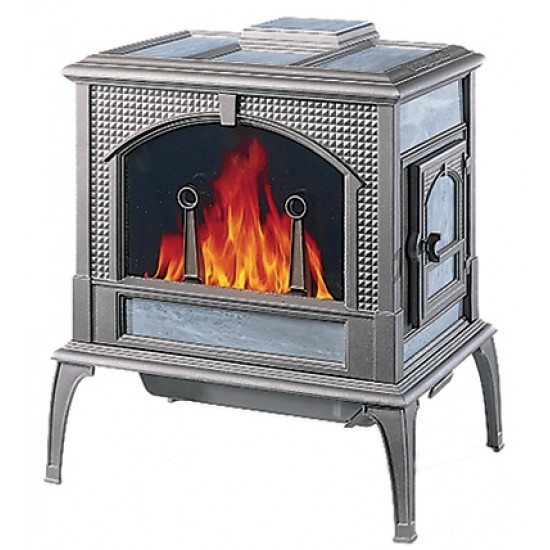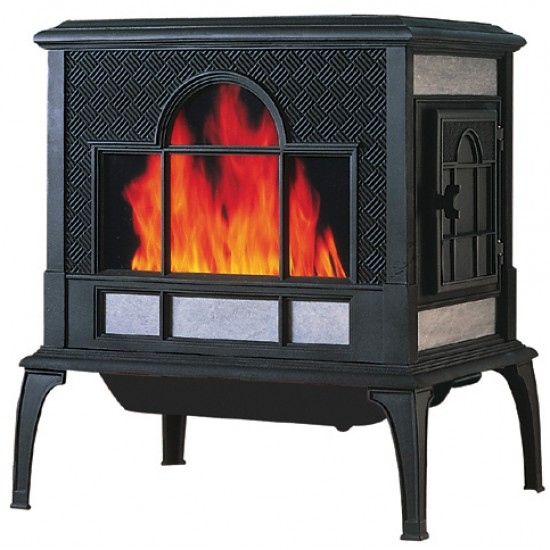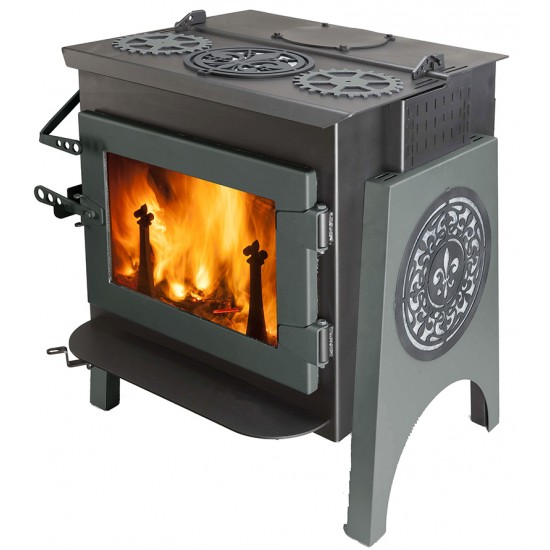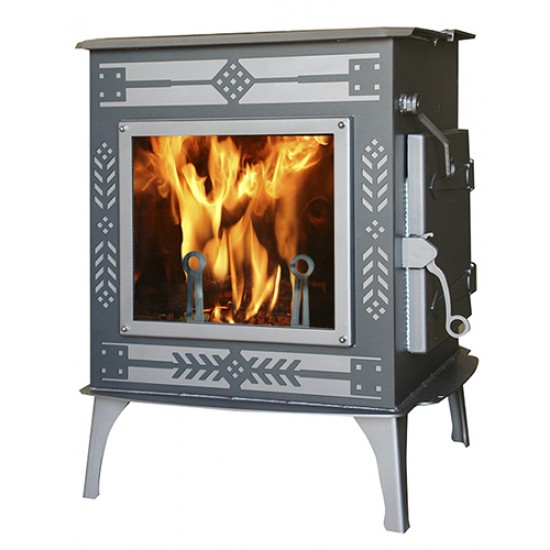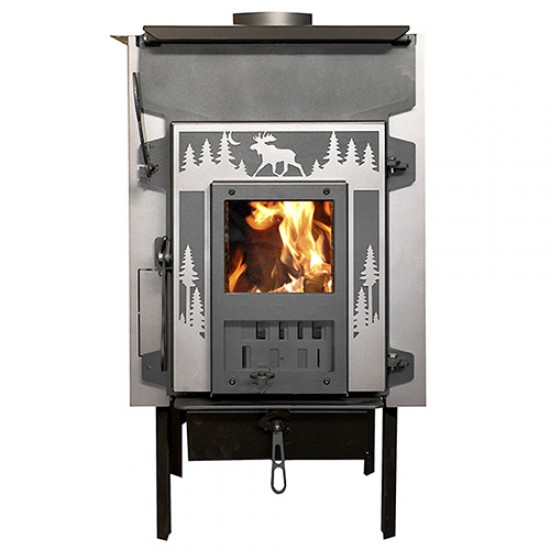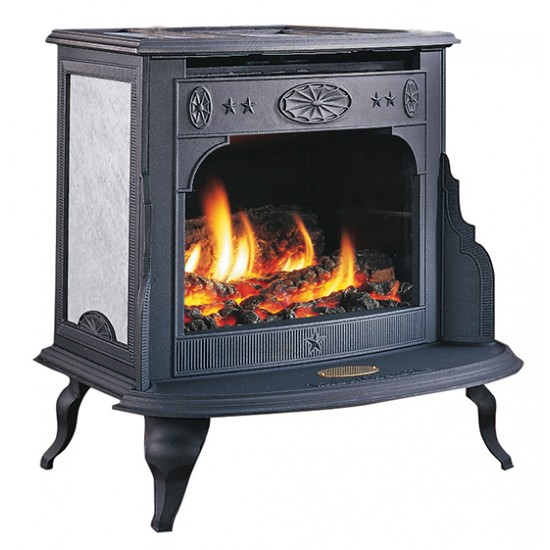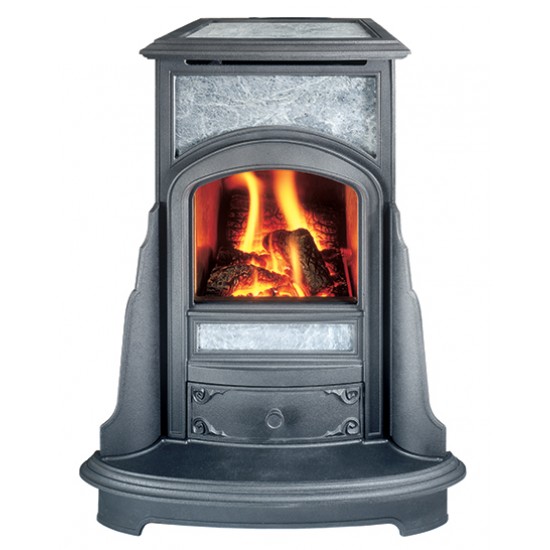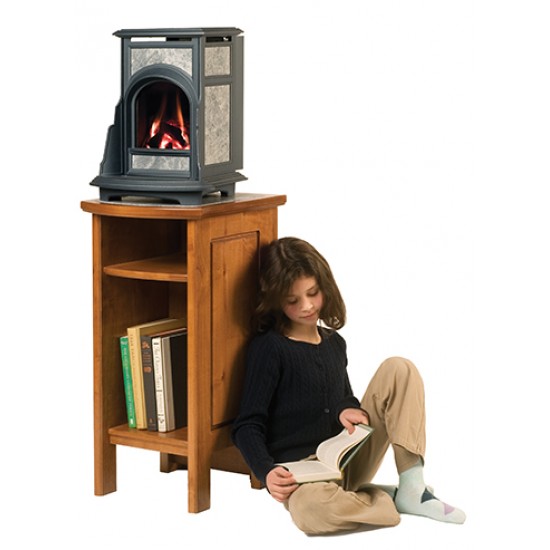In our area, pellet prices have drifted up from an average of $250/ton to about $300/ton, and the price for #2 fuel oil has dropped from about $3.25 to approximately $2.25 per gallon.
It's always worth keeping an eye on fuel costs. Up until late last year, it was much less expensive to heat with pellets than with #2 fuel oil, but now the two fuels have flipped, and it is more expensive to heat with pellets than with oil.
Kiln-dried cordwood at 20% moisture content is highly price competitive, and air-dried hardwood at 20% moisture content is less expensive than anything except natural gas, unless you are cutting your own wood, in which case it is by far and away the least expensive fuel.
Propane and electricity are high cost fuels. The chart below shows the approximate cost per million BTU's (in our area).
This information is pretty general. It does not take into account personal preferences, delivery costs, appliance efficiency, or fuel availability, for example.
So, what can you do with this information?
A good starting place is to take the middle column (BTUs/Unit), and figure out how much energy you used last year to heat your home. Take the total BTUs used, and divide by the number of square feet in your home. Many energy experts consider 40,000 BTUs per square foot to be reasonably efficient for colder climates like New England. If you are lower than 40,000 BTUs/square foot, you are doing well. If you are way above 40,000 BTU's/ft, there are opportunities to improve the efficiency of your home.
If the efficiency in the the sample calculation home were improved to the point where only 40,000 BTUs per square foot were required, then this 1600 s.f. home could be heated very comfortably with about 3 cords of wood and less than $1,000. Check our website for ultra-clean and efficient woodstoves which can heat your home comfortably and save money!




